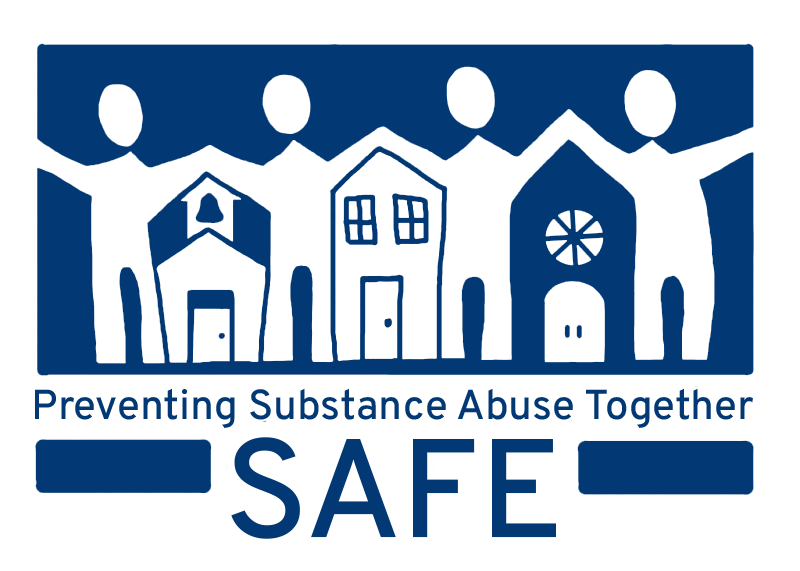Building a Life Beyond Addiction: Real Strategies for Real Recovery
Image via Freepik
Recovery doesn’t happen in a straight line. You don’t wake up one morning and feel whole. You show up. Again and again. It’s not about chasing perfection—it’s about building enough scaffolding around your days that the ground doesn’t cave in when you wobble. And you will wobble. Everyone does. But life after addiction isn’t just about surviving without substances—it’s about discovering who you are when you’re not trying to escape yourself.
Replace the Loop with Something New
Addiction rewires your brain to crave routine, even if that routine is chaos. Recovery means offering it something better to latch onto. It’s not enough to stop using—you need to start doing. The small, repeatable acts that shape your hours matter more than big declarations. Waking up at the same time, cooking your own meals, going to bed when you say you will—these are not minor wins. They are the framework of a future. Establishing new behaviors that replace old programming helps retrain your nervous system to expect rhythm instead of disruption. It’s not sexy. It’s not fast. But it works.
The Power of a Healthier “Normal”
Sustainable recovery rarely comes from dramatic overhauls. It comes from slow, cumulative shifts—what you eat, how you move, how you talk to yourself in the mirror. It’s not about becoming a health nut. It’s about giving your body and mind the baseline they never had while using. Choosing better foods, setting tech boundaries, getting enough rest—these aren’t fluff goals. They’re part of your healing infrastructure. These habits that reinforce long‑term wellness slowly close the gap between surviving and thriving. One smart choice at a time, you build the version of you that doesn’t need to run anymore.
Thought Work That Doesn’t Skip the Pain
You can’t just white-knuckle your way through recovery. Sooner or later, the emotional backlog will surface. That’s where therapy steps in—not as a fix-all, but as a flashlight. Cognitive Behavioral Therapy (CBT) and Dialectical Behavior Therapy (DBT) aren't just acronyms—they’re toolkits for real situations: what to do when the craving hits at 2am, how to defuse self-sabotage before it spirals, how to sit with shame without letting it decide your next move. Practitioners use methods to reshape harmful thought patterns by challenging the core beliefs addiction often hides behind. This isn’t about rewiring who you are—it’s about getting out from under the patterns that tricked you into thinking escape was the only option.
Reclaiming the Moment, One Breath at a Time
Mindfulness isn’t about incense or sitting cross-legged on a beach. It’s about noticing, without judgment, what’s happening right now—before your brain sprints into old narratives. Breathwork, sensory grounding, and body scanning aren’t just calming—they’re rewiring. You start to catch the craving in the first ripple, not after it’s become a wave. Integrating mindfulness that quiets craving impulses into daily life means learning to interrupt the loop, gently and often. It builds pause into your reactions. And over time, those pauses become choices. And those choices become freedom.
Recovery Isn’t Solo Work—Let Family Help
Sometimes it’s not the person in recovery who needs the tools first—it’s the people around them. Family members often feel powerless, swinging between control and detachment. But when trained with the right strategies, they become one of the strongest supports available. The Community Reinforcement and Family Training (CRAFT) model equips loved ones with techniques that build family resilience, including how to reinforce sober behavior, communicate with respect, and avoid confrontational interventions that often backfire. When family shows up with strategy—not just emotion—it can be the tipping point that moves someone from resisting treatment to choosing it.
Meaning Isn’t Found. It’s Built.
Sobriety gives you time back—but time without direction can become a trigger. The early days feel fragile, like a Jenga tower held together by breath. That’s why routines aren’t just about structure—they’re about identity. Creating a calendar filled with things that matter—volunteering, learning a skill, helping someone else—isn’t a bonus. It’s the difference between white-knuckling and living. Building routines with meaningful purpose gives the days texture and a sense of earned belonging. You’re not just staying clean—you’re becoming someone worth staying clean for.
Not heroic. Not perfect. Just honest. There are relapses, disappointments, days where nothing clicks. But there are also mornings where you feel proud just for getting up. Recovery doesn’t promise happiness on command—it promises the chance to earn a life that feels worth living. The strategies above aren’t magic. They’re bricks. Laid daily, steadily. You get to decide what you’re building.
Join the Chesterfield SAFE Coalition and be a part of a community-driven effort to prevent substance abuse and build a healthier future for Chesterfield County!

